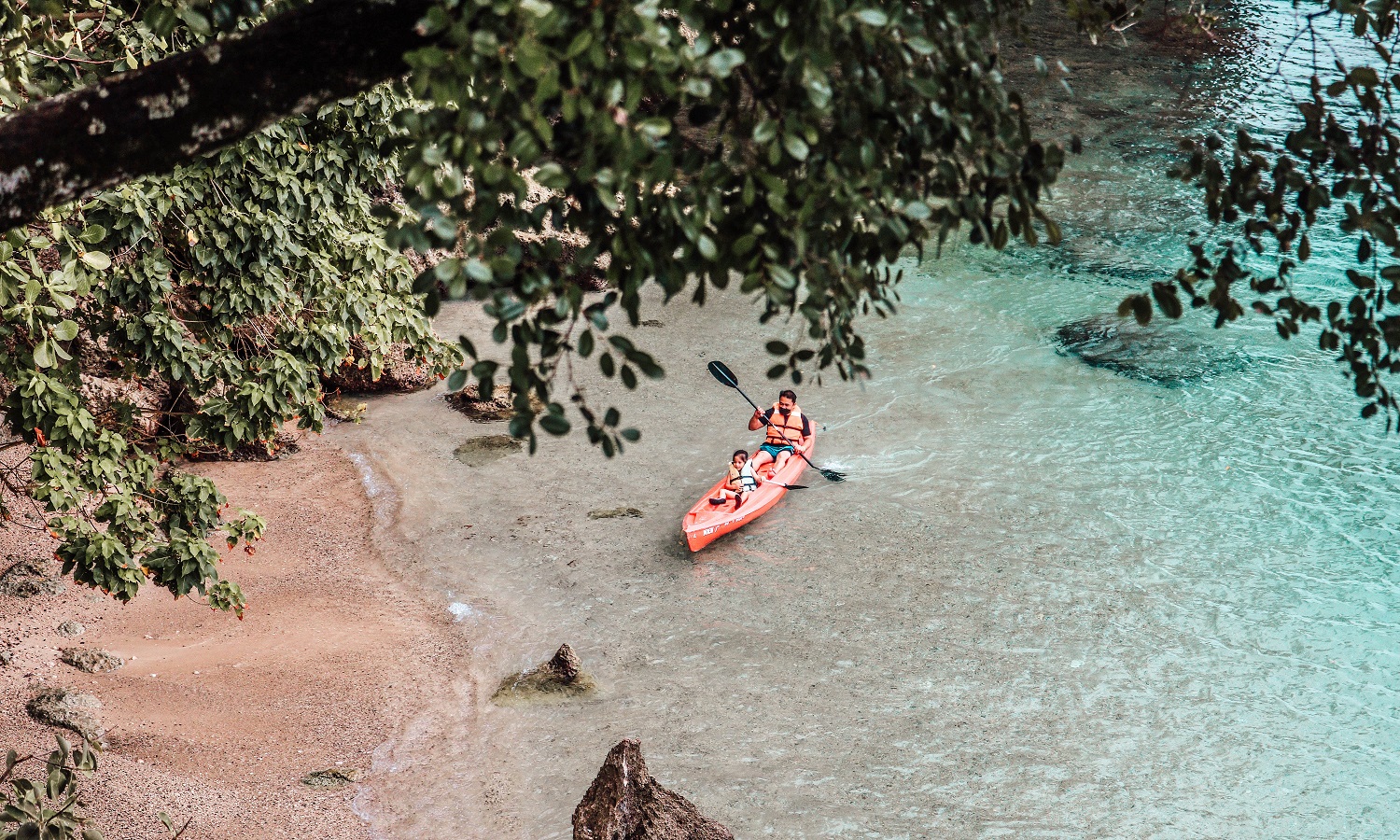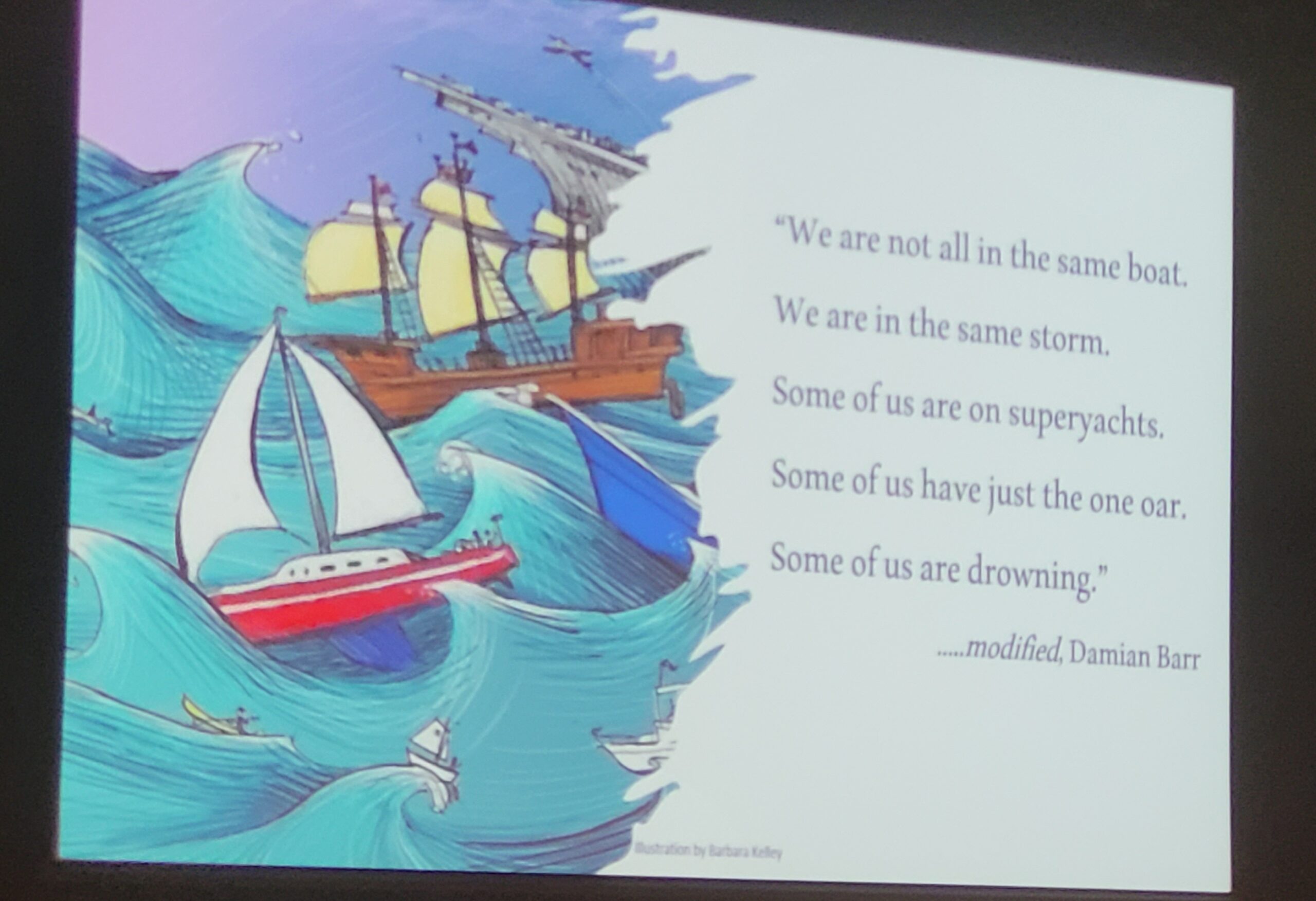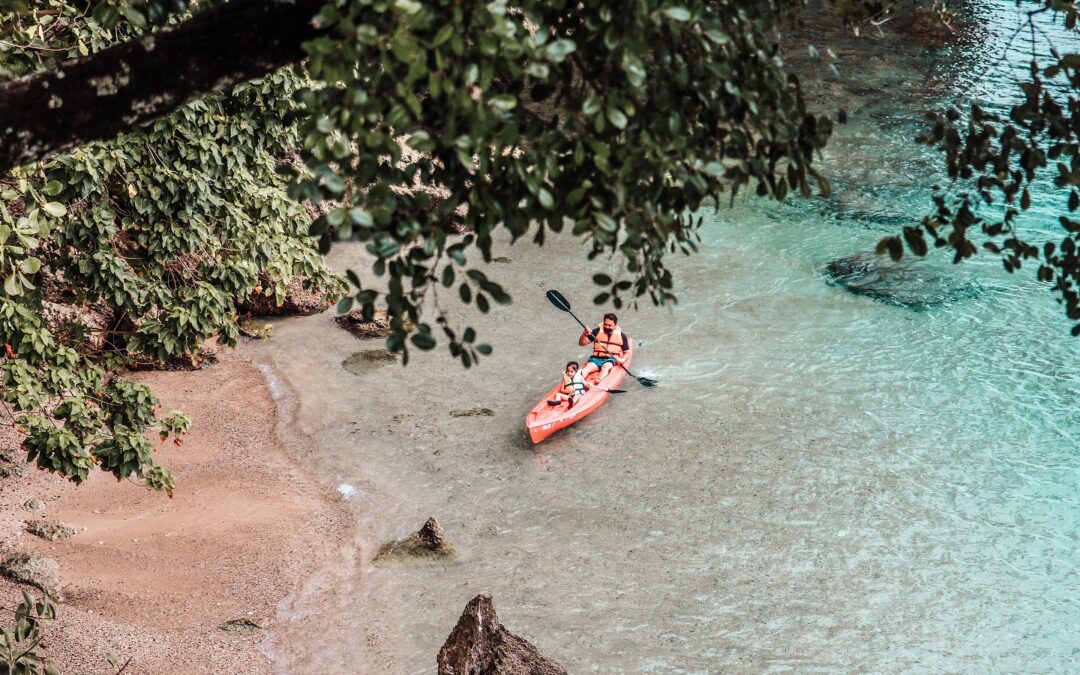
by Vicky Sleap, NCMD Deputy Director.
The World Conference on Drowning Prevention 2023 took place in Perth, Australia earlier this month. NCMD were lucky enough to be invited to present our work on drowning from our thematic report on trauma deaths. This was a great opportunity to engage with global leaders in the drowning prevention space and to learn from other countries about how they prevent these tragedies from happening. The conference was attended by over 750 people from 50 different countries and equity was the by-word for the whole event. We know from NCMD data that children from a Black or Black British background are three times more likely to drown than children from a White or White British background, so this is particularly relevant for us here in the UK.
One of the plenary sessions on the first day was dedicated to equity and there were presentations discussing advancing health equity and reducing disparities. Something that came through very strongly in these sessions was the importance of recognising the history and culture of the communities that you are working with, and not assuming that what works in western cultures will be appropriate or useful for those from other cultures. Many of us are familiar with the concept of social determinants of health, but there was a clear need to expand that to include cultural determinants of health. In terms of drowning prevention, this means understanding how the communities you are trying to work with use and appreciate water.

Mariko Rooks was one of the speakers in the excellent plenary session on equity. She is a public health practitioner in the United States who specialises in historical and contemporary racial health disparities and community health interventions. She talked about the work she has done to address racial disparities in water safety and water survival skills through the Equity FLOWS (Furthering Opportunities in Water Safety) Program, which matches community partners with international resources to reduce drowning disparities in BIPOC (Black, Indigenous, People of Colour) communities nationwide. The results from her programme were impressive in terms of encouraging children from those communities to see being in the water as something fun.
Dr Bobby Porykali is an expert in decolonising research. His presentation was on decolonising translational research to enhance water safety strategies for Aboriginal and Torres Strait Islander people. He talked about weaving methodology which was developed by a Nurungga researcher and is based on Aboriginal traditions of intertwining of fibres in basket weaving which is analogous to the intertwining and drawing together of First Nations and Western knowledges to create new knowledge.
There were many other sessions to attend during the conference including some specific to drowning prevention in children, as well as a plenary session on migration and climate change. Our colleagues from Royal Life Saving Society (RLSS) UK were also presenting in a number of sessions at the conference and this provided an opportunity for NCMD to further strengthen our partnership with them. Following the conference, we will continue to work together to understand the reasons for the disparities we identified in our thematic report, and to apply or adapt what has been successful in other countries to help prevent drownings in our child population in England.

